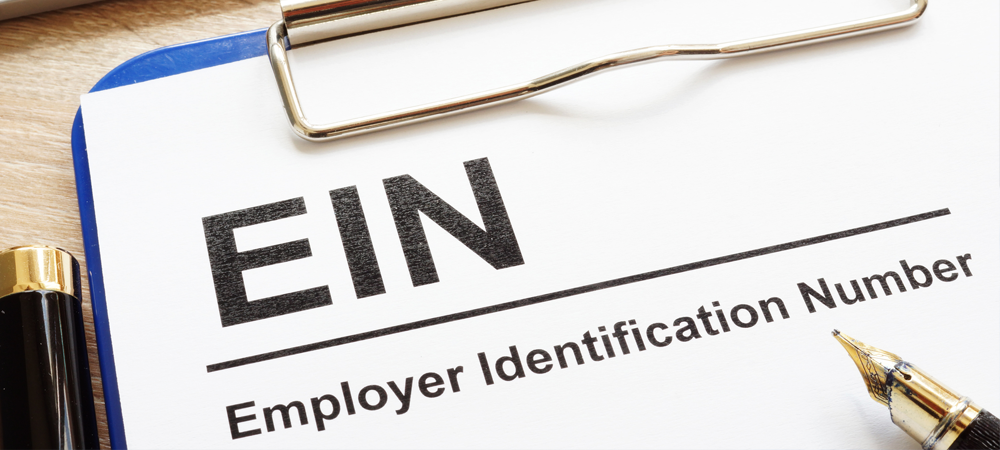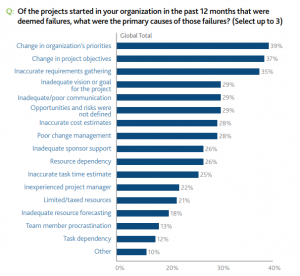— January 24, 2019

Guard Your Business’ Tax Information
With the continued adoption of going “digital,” small and mid-sized businesses (SMBs) they have become increasingly vulnerable to cybercrime. This transformation, combined with fewer checks and balances inherent with a smaller team, is one of the primary reasons why SMBs are ideal targets for data thieves every tax season.
By making minor tweaks to their tried and tested fraud techniques, criminals can dupe small business owners and employees into falling for comparable cons each year. Here are some data scams targeting small businesses to be aware of as we approach the 2019 tax season.
Business-Related W-2 Scams
The IRS recently warned SMBs of the rising threat of W-2 scams, where hackers lure payroll and human resources professionals to share sensitive tax information via a bogus email. By the end of the email exchange, your employees’ W-2 Forms could be in the hands of cybercriminals.
In another scam, companies applying for Employer Identification Numbers (EINs) are being tricked into signing up through fraudulent websites. Like your Social Security Number, your EIN is required for business bank, loan, and credit accounts as well as state and federal tax filing. Only apply for your EIN by filing a SS-4 Form through the IRS.
Red flags indicating your business identity has been stolen:
-
You’re rejected from requesting a tax extension or sending an e-filed return because a return with your company’s EIN is already on file.
-
Your business receives an unexpected tax transcript receipt or IRS notice that doesn’t correspond to your return.
-
You fail to receive expected communication from the IRS because fraudsters have changed the address on your application.
Scams Targeting Tax Preparers
Tax preparers are often small businesses, helping consumers and SMBs in their community to prepare on time and accurately. Their database is a treasure trove of tax information, making them a target for scammers, cybercriminals, and identity thieves this tax season.
In 2018, the IRS received five to seven reports per week from tax professionals that experienced data theft.
The IRS requires tax preparers to create and endorse a security plan to protect client data and their computer networks from the threat of a hack. If using a tax professional to prepare your business return, be sure to confirm their credibility by asking for their Preparer Tax Identification Number. And, don’t trust your business’ information to anyone without first verifying their CPA status.
IRS Services Limited Due to Government Shutdown
As the government shutdown continues with no end date in sight, small businesses are all wondering if tax returns will be postponed. The IRS claims it is “business as usual” and tax refunds will be issued, albeit likely delayed.
Due to very limited IRS availability, do not expect your tax-related questions to be answered while the shutdown continues. You may also experience a delay in receiving your Employer Identification Number (EIN), which interrupts your ability to process your business tax return and other financial obligations. As previously mentioned, don’t be tempted to trust third-party websites to create your EIN.
It’s always important to be alert and aware of how you are protecting your organizational, employee, and customer data, but it’s especially during tax season. Avoid damaging the trust of your clients and your business’ reputation by letting hackers penetrate your small business.
Tips to Protect Your Small Business from Tax Scams
- Create a system of checks and balances. Have a trusted member of your executive team or an independent tax agent double check your processes.
- Train employees to recognize W-2 phishing scams. The IRS will never call or email you for tax-related information. They will first contact your organization via carrier mail.
- Keep up to date with the latest tax scams: The IRS keeps a running list of scams for consumers and businesses to be aware of, called “The Dirty Dozen”.
Business & Finance Articles on Business 2 Community
(65)










